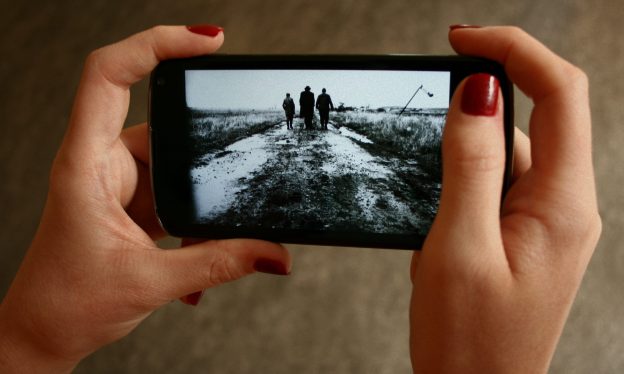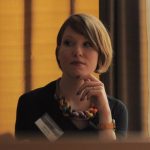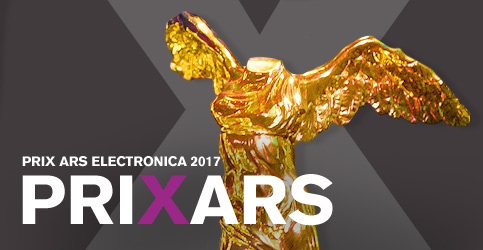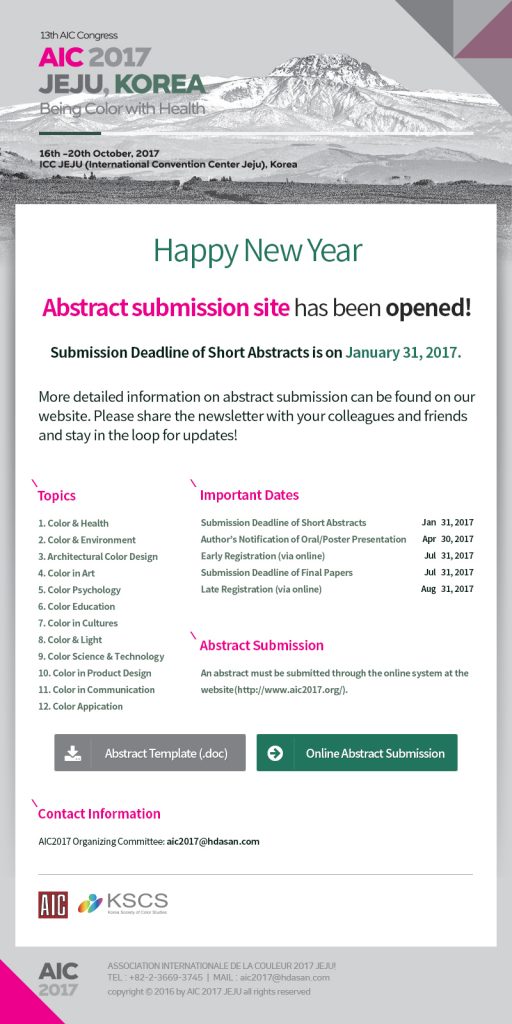 Art of Research VI
Art of Research VI
Catalyses, Interventions, Transformations
29-30 November 2017 at Aalto University, School of Arts, Design and Architecture, Helsinki, Finland
Over the past two decades, the Art of Research conferences have had a significant role in promoting continuous dialogue and fruitful convergence between art- and design-related research practices. The conferences have contributed to the development of rapidly growing and spreading contemporary discourse on artistic and practice-led research – while acknowledging and engaging in multiple notions of research where diverse modes of creative practice are used as catalysts for enquiry.
The theme of this sixth Art of Research conference addresses the agency of the artist-researcher as a catalyst that challenges established ideas and produces new thinking through artistic and practice-led research. Moving on from early preoccupations within the field about ontological or epistemological foundations, this Art of Research VI Conference poses the questions:
How do artistic research activities act as catalysts in the domain of different praxes? How can ideas and/or practices of catalysis be considered within a particular research processes, or in relation to larger contexts and realms of art, politics and society?
Art of Research VI conference explores the different manifestations, articulations and emergent agencies triggered by artistic means and related methods of theorizing. In the context of artistic research, catalysis is understood as an action that causes reactions and continues to activate critical thinking that provokes further reactions. Therefore, Art of Research VI focuses on the multitude of bodies of artistic and practice-led research and their effects towards producing new knowledge, new experience, new materialities, new theoretical insights, new praxes and poetics.
We invite submissions to the conference that are original proposals on various forms of art that significantly contribute to praxis and research through art and design. As a guide to developing submissions relevant to the conference, we suggest some potential questions. The themes are not categorical nor fixed; rather, we encourage broad contextual thinking and perspectives that relate but are not limited to the following areas:
· How can artistic and practice-led research offer alternative accesses and options for challenging established epistemologies?
· How can artistic and practice-led research trigger revisions and transformations in art and design in relation to present day ethical, societal and environmental challenges, on a diversity of scales?
· How does artistic and practice-led research intervene in the realms outside the art world or academia? How does it relate to activism/artivism?
· How can artistic research enable collisions of different practices, methods and agencies?
· How is thinking at the intersection of poetics, ethics and politics transformed?
· How can the theory-practice interface catalyze new poetics or praxis in relation to a singular artistic research project or in a wider context for any field of art?
· How does the artistic/ practice-led research context challenge the ways the research is written, expressed or performed.
Through these questions, the main aim of the event is to engage in a shared exploration of bold and visionary thinking across different entangling practices. Historically, the Art of Research conference has been widely appreciated as an unconventional and highly-interactive format for discussing, exhibiting and performing different modes of discourse. Art of Research VI will offer an academic framework for discussing catalyses, interventions and transformations in a diversity of art-, craft- and design-related practices.
The Conference is interested in proposals drawing from the full spectrum of artistic and practice-led research today. We encourage submissions from artist-researchers and practice-led researchers representing different art forms e.g. contemporary art, film, photography, scenography, craft, design, media and architecture. The conference themes include a diversity of perspectives that relate to the conceptualization and to the different forms and formats that artistic research can take, as well as to its contribution to critical thinking and groundbreaking change. Other questions that potential contributors see as productively challenging these themes are most welcome.
We invite full papers (5000 words maximum) from doctoral students, post-doctoral researchers and mature academics. Specifically, we invite contributions that contribute to one of the following categories:
(1) Explorative papers/presentations including works of art
This type of papers must be submitted together with works of art, artifacts, or documentation of artistic processes and must contribute to the understanding of how the visual/audiovisual and the textual are unified in research. Each submission must also include a separate description of the artwork (80 words max.) and visual material such as photographs or video (digital formats only, up to 10MB in total). The submission should also entail explanation of the related equipment required to display this material. Please note that the transportation of the artwork(s) is the author’s responsibility. The exhibition will be curated by the organizers.
(2) Methodological and theoretical papers related to the conference themes
All contributions will be double-blind peer reviewed. To facilitate the review process, authors are responsible for removing any identifying information from their submissions that might lead a reviewer to discern their identities or affiliations. The author’s name in self-citations must be replaced with “Author” in in-text citations, reference entries and footnotes. For the paper template and other practical details, see the conference web site at artofresearch2017.aalto.fi. For more information, please contact aor2017@aalto.fi.
This is the sixth in the Art of Research conference series, the first of which took place in Helsinki in 2005. The conference is co-organized at Aalto University by the Department of Design, the Department of Film, Television and Scenography and the Department of Art, in the School of Arts, Design and Architecture.
KEY DATES
15 January 2017: First call for papers
15 February 2017: Second call for papers
15 March 2017: Third call for papers
15 June 2017: Deadline for full papers
31 August 2017: Notification of acceptances and reviewer feedback
15 September – 20 November 2017: Registration and payment
15 October 2017: Submission of final papers
12 November 2017: Submission for exhibits (with photos & description)
23-28 November 2017: Exhibition Building
29-30 November 2017: Conference
Maarit Mäkelä, Susanna Helke and Harri Laakso (Conference co-chairs)




 Art of Research VI
Art of Research VI
